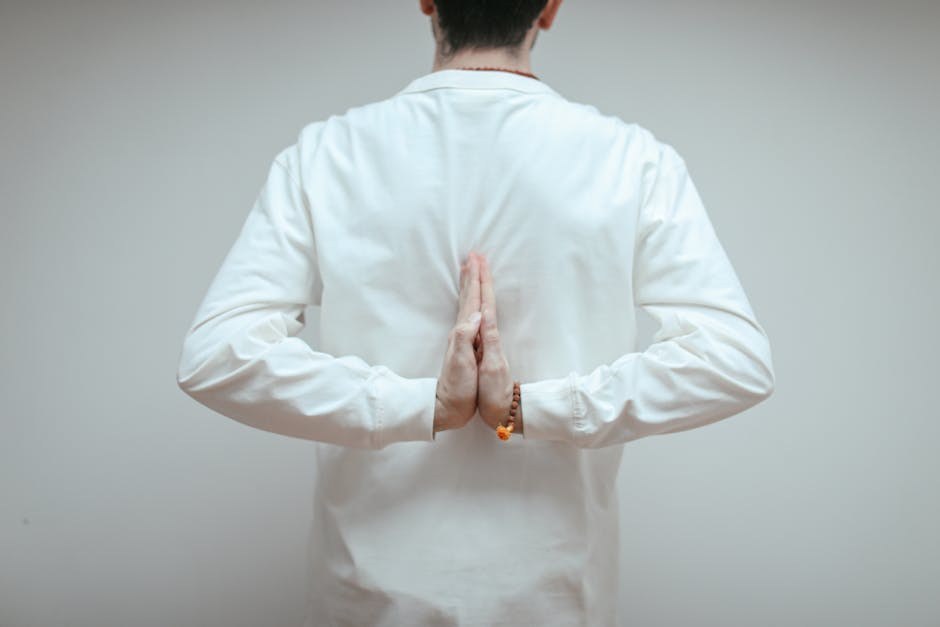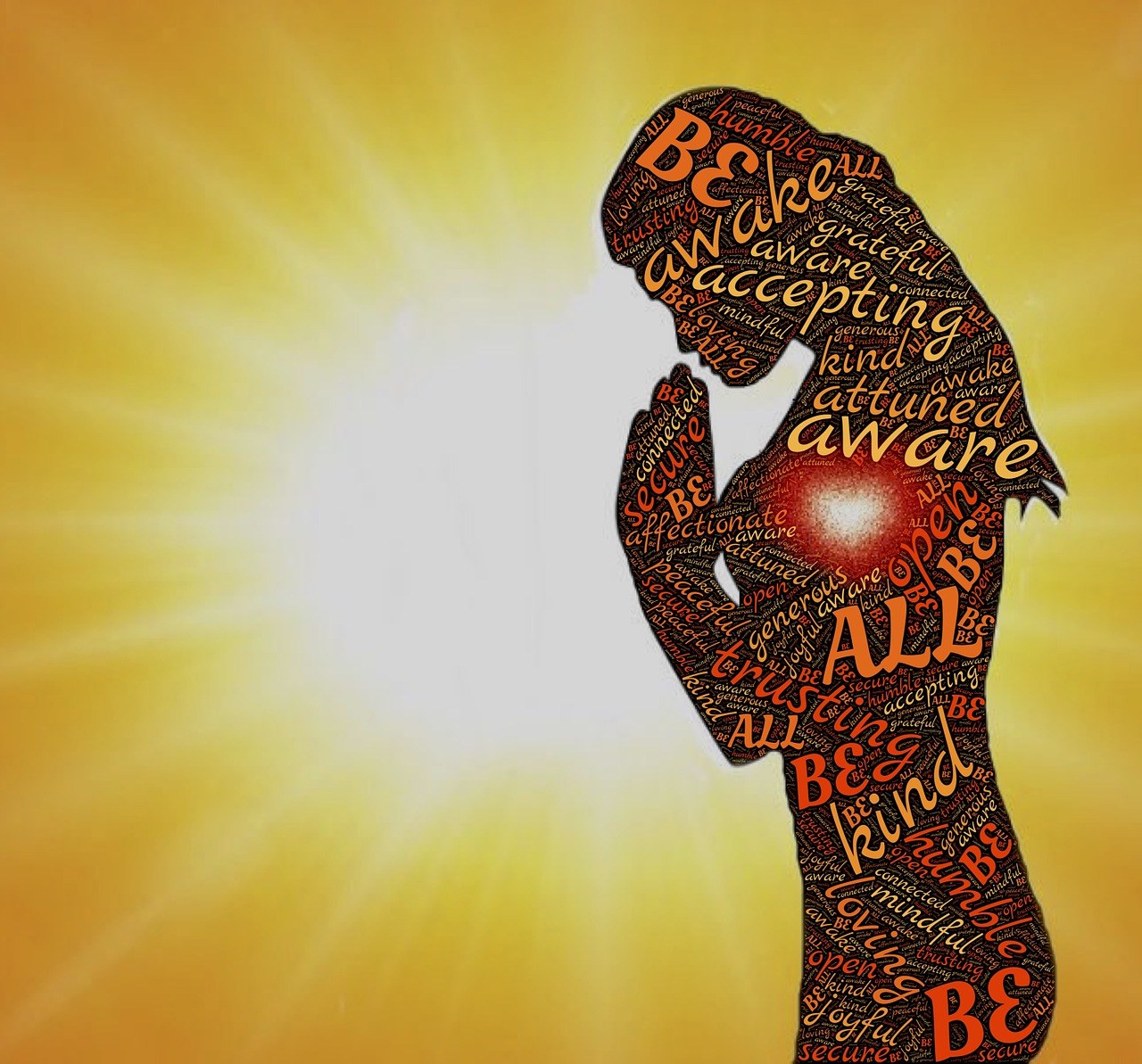Many of us have wondered at some point: what should a healthy relationship truly feel like? It’s a common thought-sitting across from your partner, questioning the nature of your connection. If you’ve found yourself asking this question, it’s time to explore the real signs of a healthy, fulfilling relationship.
Ignore the portrayals you see on TV or what your friends and family have experienced. Now is the time to focus on your relationship and assess its true health. Are you both thriving, or are there areas in need of attention? Before you move forward, let’s take a deep dive into what a truly balanced relationship looks like.
The Essence of a Healthy Relationship
Growing up, many of us are influenced by fictional relationships on TV or in movies, which may distort our understanding of what a “normal” relationship should be. Additionally, if your parents’ relationships were fraught with conflict or ended in divorce, it could have left you without a clear model of a healthy relationship. Consequently, you might find yourself mirroring patterns you’ve been exposed to, often without realizing it.

If you’re reflecting on your relationship and starting to notice red flags or concerns, it might be time to reassess. Understanding what a healthy relationship truly entails can guide you in making informed decisions about the future of your connection.
1. You Feel Supported and Uplifted
When you’re with someone who genuinely cares for you, the ups and downs of life become more manageable. Even on tough days, knowing you have a supportive partner can make everything easier. You feel a sense of comfort in their presence, and you’re never truly alone. A healthy relationship fosters this mutual sense of support, creating a foundation where both individuals feel better together.
2. Both Partners Put in Effort
A thriving relationship requires effort from both individuals. It’s a shared responsibility to nurture the connection, rather than one person carrying the load. If you’re the only one investing time and energy while your partner takes it for granted, the relationship may need a closer look. Relationships are a partnership-both of you need to steer the ship toward mutual goals.

3. You’re Building Shared Dreams
In a casual relationship, long-term plans are often non-existent. But in a healthy one, both individuals are working toward common goals and a shared future. Whether it’s planning vacations, purchasing a home, or simply growing together, the foundation of a healthy relationship involves both people contributing to the bigger picture.
4. Chemistry Flows Naturally
A deep connection isn’t only emotional-it includes physical chemistry as well. While there will be days when the attraction may feel distant, the overall bond should feel alive and engaging. If you find yourself indifferent or repelled by your partner, it’s a significant sign that something is amiss. Attraction is an integral part of a healthy relationship.
5. You Recover from Arguments Effectively
Disagreements are inevitable in any relationship. What matters is how you handle them. In a healthy relationship, conflicts don’t last forever. You’re able to discuss issues, apologize, and heal together. This isn’t about who wins an argument-it’s about understanding each other’s perspectives and growing together.

6. This Relationship Feels Different
If your past relationships were superficial or self-centered, this one may feel distinct. It’s not just about personal gain-it’s about mutual growth and supporting each other. There’s a sense of real, selfless love that differentiates a healthy relationship from previous ones.
7. Honest Opinions Are Welcomed
In many relationships, people are hesitant to express opinions that could lead to disagreements. However, in a healthy relationship, open communication is encouraged. Sharing your thoughts, even when they might differ, strengthens the bond. Feeling free to speak your mind fosters trust and respect.
8. Decisions Are Made Together
When you’re in a relationship, it’s not about individual choices-it’s about collective decisions. Whether it’s choosing where to live or planning finances, making choices together is a sign of teamwork. It’s not about always getting your way, but finding a balance that works for both partners.
9. Individual Lives Are Respected
Even in the closest relationships, it’s crucial to maintain some sense of individuality. A healthy relationship allows each person to pursue personal interests and maintain their own friendships and hobbies. Personal space is essential for emotional well-being, and both partners should feel secure in their ability to exist independently while nurturing their bond.
10. Small Gestures Matter
While physical intimacy is important, it’s the little gestures that often matter more. Simple acts of affection, like kissing your partner good morning or caring for them when they’re unwell, reflect the depth of your love. These small moments communicate the care and respect you have for each other.
11. Communication Is Key
Effective communication distinguishes healthy relationships from unhealthy ones. When issues arise, a healthy couple addresses them directly with one another, not with friends or family. If you’re comfortable discussing difficult topics with your partner, it’s a strong indicator of a secure and open relationship.
12. Feeling Safe and Secure
Emotional safety is fundamental. Your relationship should be a sanctuary where you can express yourself without fear of judgment. If you feel safe, supported, and able to be your true self, you’re in a secure relationship. Without this feeling of safety, the connection can become destabilized.
13. Intuition Tells You It’s Right
Despite any challenges or imperfections, a healthy relationship feels “right.” Your gut instinct will tell you when things are off, and likewise, when the connection is genuine. If your partner consistently treats you with respect, love, and care, you’ll sense that this is the relationship you deserve.
Ultimately, evaluating your relationship through these signs can provide clarity. If you’re in a relationship that meets these criteria, you’re on the right path. If not, it might be time to consider what changes need to be made. Understanding what a healthy relationship looks like can help you determine whether it’s time to continue or move forward.